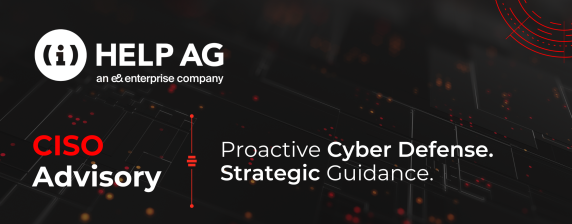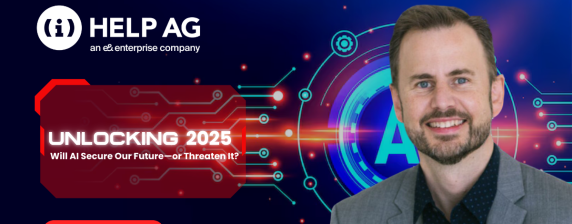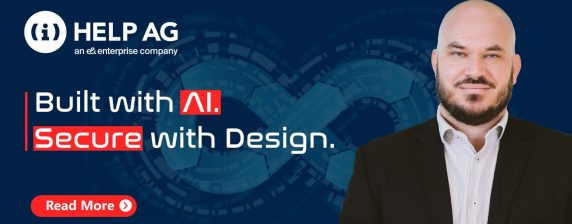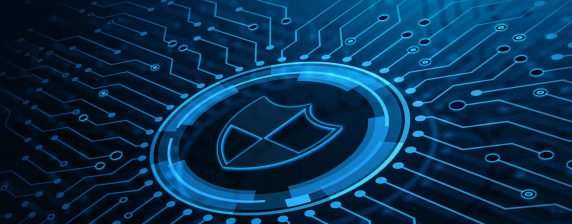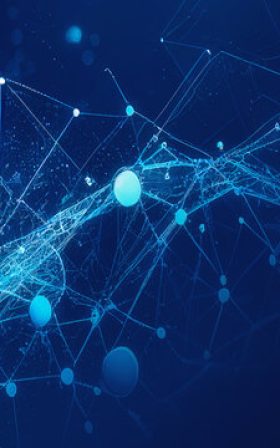AI Assistants in Software Development – Balancing Innovation with Responsibility

By Chris Zinn, Principal Cloud & DevSecOps Solution Architect.
Artificial Intelligence (AI) has transformed industries across the globe, and software development is no exception. AI-powered coding assistants such as GitHub Copilot, Amazon Q Developer (formerly CodeWhisperer), Codeium, Continue.dev and many more along with the large language models (LLMs) like ChatGPT and Google Gemini have revolutionized the way developers work. These tools can streamline workflows, reduce repetitive tasks, and even enhance productivity by generating code snippets or suggesting solutions in real-time. However, alongside the remarkable capabilities of these assistants come questions about security, quality, and the ethical responsibilities of developers who rely on them.
As someone who has shifted from traditional hardcore development into a security role where I still touch code daily but in more of a review and maintenance role, I often find myself using these AI tools to speed up smaller tasks. While this helps clear the way for larger, more complex issues, it raises a critical question: Is AI-generated code really secure?
The Power of AI-Powered Development Tools
AI assistants like GitHub Copilot, which integrates directly into popular Integrated Development Environments (IDEs), can autocomplete entire functions based on a few lines of code. ChatGPT and other conversational AI tools assist developers by answering complex questions and providing code snippets based on a developer’s prompt. In practice, the benefits of these tools are hard to ignore:
- Speed and Efficiency: They allow developers to quickly generate boilerplate code or build on existing templates, reducing manual effort.
- Error Reduction: By generating code based on established patterns, these tools help minimize common coding mistakes, such as syntax errors.
- Knowledge Expansion: They offer real-time suggestions, allowing developers to learn new methods, libraries, or even languages on the go.
Despite these advantages, AI-generated code presents a unique set of risks, particularly when it comes to security, data privacy, and ethical considerations.
The Security Concerns of AI-Generated Code
While these AI assistants excel at accelerating development, their ability to generate secure code is still a major concern. It’s crucial to remember that these AI models are trained on vast datasets that may include both secure and insecure code. If the training data contains vulnerabilities, the AI might inadvertently suggest flawed code. A few key security concerns to keep in mind when using AI assistants include:
- Injection of Vulnerabilities: AI can potentially generate code that includes security vulnerabilities such as SQL injection flaws, insecure authentication logic, or improper input validation. If a developer is not vigilant, these vulnerabilities can easily slip into production.
- Overreliance and Lack of Validation: The convenience of having code generated by an AI tool may lead some developers to trust it implicitly. Overreliance on AI without proper validation can result in poor security practices. AI can certainly help with writing code, but the responsibility of ensuring that the code is secure remains with the developer.
- Lack of Context Awareness: AI-generated code often lacks the deep contextual understanding that developers have about their specific project or security requirements. The suggestions might be syntactically correct but fail to meet the specific security constraints of the application.
- Open-Source Licensing Issues: AI assistants are trained on publicly available code, including open-source repositories. Without transparency around which datasets were used, there’s a risk that the code they generate could inadvertently violate open-source licenses, leading to legal complications.
Best Practices for Safe Use of AI Code Assistants
To mitigate the risks and maximize the benefits of AI in software development, developers should adopt best practices tailored to the use of AI tools. Here are a few recommendations:
- Integrate Security Tools Early in the Pipeline: Tools like static code analyzers, linters, and security scanners should be integrated into the development pipeline to catch any vulnerabilities that might slip through AI-generated code. This ensures that potential security flaws are identified and resolved before they become a problem.
- Regular Security Audits: Conduct regular audits of AI-generated code, especially in mission-critical applications. These audits should focus on identifying potential security vulnerabilities, licensing issues, and performance concerns.
- Vulnerability Assessment and Penetration Testing (VAPT): All applications, especially those public facing should undergo vulnerability assessments and penetration testing at least twice a year.
- Custom AI Models: For enterprises with strict security requirements, it might be worth investing in custom AI models that are trained specifically on secure codebases. This reduces the risk of generating insecure code and ensures that the AI’s output aligns with the company’s security policies.
- Collaborative Learning: Developers should view AI assistants as a learning tool. By analyzing the suggestions these tools offer, developers can identify patterns in the AI’s decision-making process, allowing them to become better coders in the long run.
- Ongoing Education: As AI tools evolve, so too should the knowledge and skills of the developers who use them. Staying up to date with security trends, ethical considerations, and advancements in AI technology is essential.
The Future of AI in Development
AI-powered coding assistants are only scratching the surface of what’s possible in software development. As models become more advanced, they could eventually offer even deeper context awareness, the ability to generate entire applications from scratch, and integration with AI-driven security tools that identify vulnerabilities as the code is written.
For decision-makers in the tech industry, such as CTOs, CIOs, and CISOs, AI tools offer a path to greater efficiency and productivity. However, these benefits come with an obligation to ensure that developers are equipped to use them responsibly. This includes fostering a culture of security awareness, continuous learning, DevSecOps and transparency in AI use.
Conclusion
AI-powered coding assistants have opened new possibilities for developers, making coding faster and more efficient. However, they also introduce risks that cannot be ignored. Developers bear the responsibility of reviewing and validating AI-generated code, ensuring that it adheres to security best practices, ethical standards, and licensing requirements.
Ultimately, AI tools should be seen as assistants—enhancements to human creativity and expertise, not replacements. By using them responsibly and ethically, developers can unlock their full potential without compromising the security or integrity of their projects, and by coupling them with a mature DevSecOps process they can do so securely.
